Terrorism is a very destructive way of filling a vacuum in people’s lives.
We need to identify the ‘oppressions’ terrorists believe they are fighting against, and offer better, non-violent routes to liberation.
Key ‘oppressions’ identified by 'Islamic' terrorists include:
(i) A belief among many young European Muslims that they are alienated by the rest of society.
(ii) The terrible poverty in many Islamic countries in Asia and Africa.
(iii) The non-Muslim world’s apparent indifference to the plight of Palestinians.
(iv) Turmoil in the Middle East.
1 Reducing the feeling of alienation of many young European Muslims
Back in 1991, Bill Courtney was part of a government funded investigation into the problem of alienation of youths in British inner cities.
Along with his line manager, he came up with a proposed solution that was well received in presentations to businesses in Manchester and London. But their proposal relied on the infant internet and was too far ahead of its time. Perhaps the time has come to take a fresh look at their proposal.
An attraction of this solution is that it addresses a wide range of discriminations including class, race and gender.
2 Latent Power Turbines and the reduction of poverty in developing countries
LP Turbines could provide power and air cooling for developing countries at a local level without having to rely on a national grid. For example factories in Pakistan could generate their own power by extracting heat from the air before it is used to ventilate factory interiors.
[Sample article: Pakistan’s Biggest Challenge Is Not the Taliban — It’s Electricity http://world.time.com/2013/06/25/pakistans-biggest-challenge-is-not-the-taliban-its-electricity/]
Here is a diagram illustrating what an LP Turbine for use in developing countries might look like.
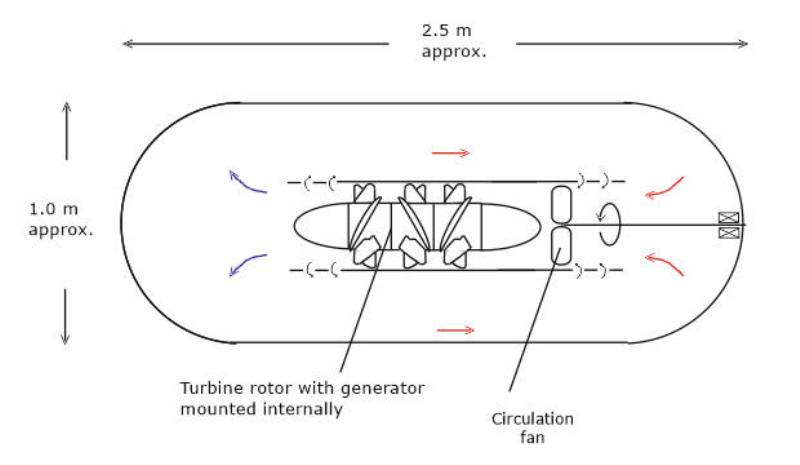
Figure 1. A plenum chamber version of a Latent Power Turbine suitable for small scale local power generation.
[The general principles of LP Turbine operation are explained on this linked page.]
Local generation of electricity 24/7 would allow poor nations to leap over the large power station and national grid stage of development in a similar manner to how mobile phones have helped developing nations to leap over the land line stage of telephone communications.
Not so fast!
Hopefully, well meaning donor countries will buy into our proposition. But before doing so two unpleasant truths need to be confronted.
Corruption could squander much of the aid money and a black market selling tools stolen from honest businesses could thrive.
Here are two strategies for making sure that the aid money is well spent.
2.1 Reducing the corrupt official problem
(i) Low interest rate loans should be made available to small and medium sized businesses, rather than free handouts. This will encourage the businesses to make serious business plans rather than thoughtlessly grabbing the cash.
(ii) There must be total transparency of the cash flows from donors, right down to the level of individual borrowers. Even the anonymised repayment details for individual borrowers should be published.
(iii) All this information should be freely available online in a standard format. Anybody, anywhere should have access to the information and be free to offer submissions to the EU as the monitoring body.
Blockchain technology is a rapidly developing method of increasing confidence in stored data that is eminently suitable for this purpose.
For an explanation of blcockchains visit https://en.wikipedia.org/wiki/Block_chain_(database)
(iv) Tough love If cash flows cannot be accounted for by best practice accountancy standards, loans should suspended until the corrupt officers have been identified and removed.
(v) If governments fail to act promptly to deal with corruption, their allotted funds should be transferred to countries that meet best practice standards.
[This would give observers in honest recipient countries a patriotic incentive to search for fraud in dishonest countries.]
(vi) League tables comparing the performance of countries benefiting from the scheme would be available on the web so that citizens could put pressure on sloppy governments.
(vi) EU funding monitors should guard against gender, ethic, religious denomination, political party affiliation or other biases in the allocation of funds.
(vii) The costs and benefits of purchasing an LP turbine plus basic tools to set up a business needs to be competitive with the costs and benefits of illegally migrating to Europe.
(viii) Discrimination is a key driver of poverty. Any funding system supported by the advanced nations must be totally blind to gender, religious sect or other barriers to equality of support.
2.2 Reducing the theft problem
If electricity becomes cheap, theft of electric goods will become rife. One way of reducing this would be to have an internationally agreed system of bar codes and embedded chips in all electrical items, with national databases being set up, so that legal owners could be identified and thefts recorded.
A Smartphone app could be used by the police and other public officials for reading the barcodes/chips and accessing the databases.
Tough love
(i) Donors would only provide funding to countries that have a product database system that is open to external inspection.
(ii) Possession of a product that had not been registered or where the barcode had been removed would provide grounds for immediate confiscation by the authorities.
Adopting this system in donor countries would offer wider theft reduction benefits and keep implementation costs down.
A bonus for Europe
Improving job prospects in the developing countries will reduce the motivation for ambitious people to illegally enter Europe as economic migrants.
3 Greening the deserts and the Two State Solution
Summary of this proposal
Israel would host an international two campus research centre specialising in improving horticulture in arid climates. One site would be adjacent to the West Bank, the other adjacent to the Gaza Strip. The sites would be linked by an underground railway. Following the signing of a peace treaty resulting in Palestinian statehood, the campus sites would become sovereign Palestinian territory.
EU negotiators would help to achieve these ambitious goals.
A European intervention is needed because the Trump administration is drawing back from a two state solution and is stoking Iranian/Arab anger with its migration policies.
Further details
Ideally, Latent Power Turbines would play an important part in this proposal, but they are not strictly necessary for its implementation.
Israel would identify two substantive areas of land to be transferred to the Palestinians as part of a future “Land for peace” settlement.
In order to add value to this land it would be developed as a two site campus for research into Food Production in Warm Arid Lands.
The international response should be positive because there is a global need for this type of research, to head off the pending threats to food supplies resulting from climate change.
The sites would specialise in either “wet” or “dry” work.
The “wet research” site would be adjacent to Gaza and access sea water via a pipe from the coast. Its research themes would focus on the use of brackish and sea water to improve horticultural efficiency.
To emphasise its symbolic importance, the water would be shipped across Gaza from the sea via a clearly visible overhead pipeline.
The “dry research” site would be adjacent to the West Bank and focus on developing glasshouse and other minimal water usage technologies.
[The raw materials for making sheet glass, especially high quality glass making sand are available locally in the Negev Desert. Latent Power Turbines could be used to provide energy for the glass making process.]
Research projects would be financed by national governments, well wishers and charities etc. Commercial horticultural companies would be offered low cost, long term land leases and access to on site expertise, on condition that they accept that sovereignty will ultimately pass to a Palestinian state.
International university campuses would be set up on both sites, with any university worldwide being invited to have a presence.
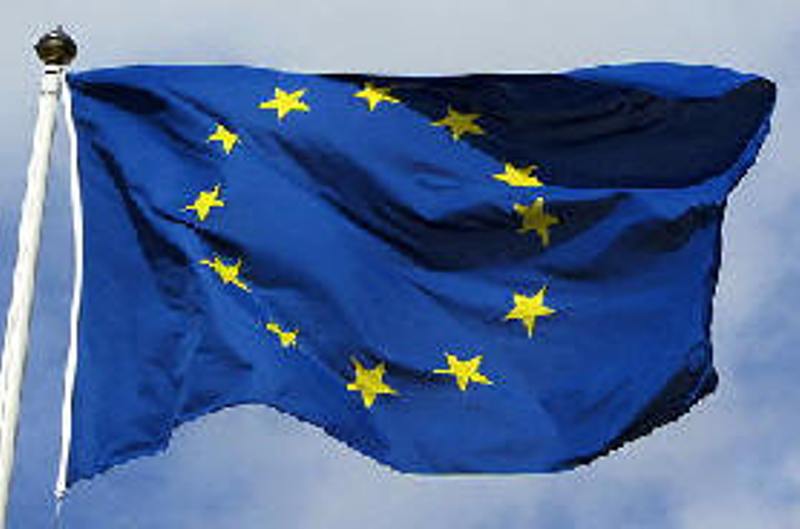 Southern European countries such as Greece, Italy, Spain, Portugal and Cyprus could add impetuous to the proposal by offering to set up research sites on the new campuses.
Southern European countries such as Greece, Italy, Spain, Portugal and Cyprus could add impetuous to the proposal by offering to set up research sites on the new campuses.
These campuses would be going some way towards meeting the UNs sustainable development goals. (https://suainabledevelopment.un.org/?menu=1300)
Setting up the campuses from scratch would allow other goals such as gender equality to be built into the campus spirit.
Horticultural produce from the sites would be sold on the open market with profits from non-commercial holdings being reinvested in the sites.
An underground railway would be built to link both sites. This would preferably be built by a multi-national railway company raising funds on the London Market, or other non contentious source. Crowd funding would be encouraged so that anybody could buy in to the two state solution. All Israeli and Palestinian children would be given token shares in the company.
After the transfer of sovereignty of the land, this railway would form a direct link between the two halves of a Palestinian state.
The aims of this proposal are to
1 Give Israel a strong bargaining chip at minimal cost to the state.
2 Offer Palestinians the prospect of a future that provides jobs, a rail link and advanced research status.
3 To offer both sides an optimistic vision that goes beyond the present acrimony and stalemate.

Figure 2. Horticultural glass houses cooled by Latent Power Turbines would be one research theme.
Israel and a future Palestinian state are united in sharing some common problems
The following information is taken from the CIA World Fact Book
https://www.cia.gov/library/PUBLICATIONS/the-world-factbook/geos/lh.html
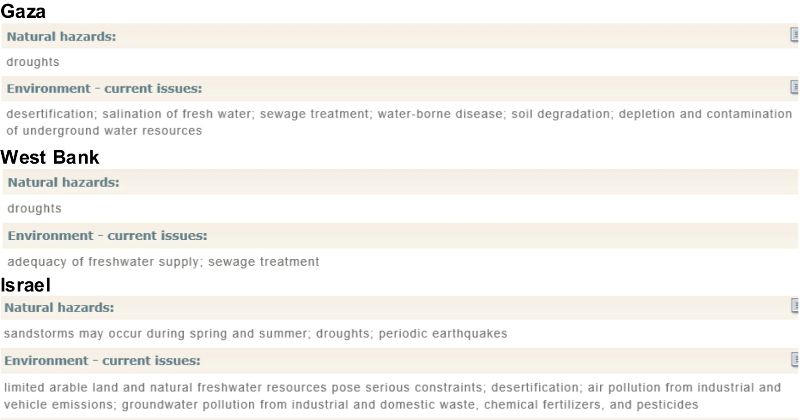
Europe also has draught problems and would benefit from the research
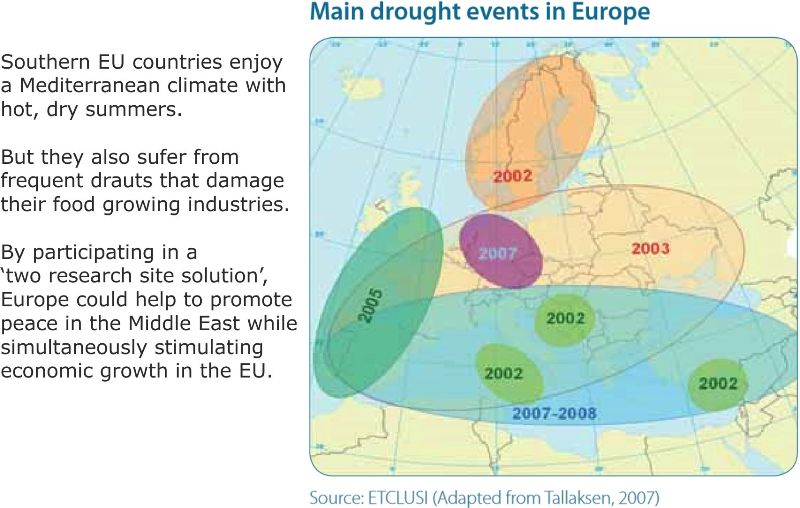
4 Turmoil in the Middle East
1 Turmoil in the Middle East is generously funded by oil money.
A switch to hydrogen powered transport will drastically reduce the need for oil.
This would dry up the oil money for funding terrorism and other forms of political violence.
Currently a hydrogen based world economy is not possible because of the high energy cost of manufacturing and compressing hydrogen.
All this could change if Latent Power Turbines were used to generate the required electricity.
The oil rich states of the Middle East would lose their oil revenues, but if they act wisely, they will still prosper. They can achieve this by greening their deserts, as we explain above.
2 Aspiring terrorists have a good choice of conflicts to appeal to their idealistic young minds. Many of these originate in countries where national leaders such as Bashar al-Assad embark on sectarian policies because they are insulated from the wider councils of the international community. A proposal for breaking down these barriers is outlined on our “Football lesson” page.
3 Images of “our people” drowning in the seas as hapless refugees can generate powerful emotional responses to the underlying causes; terrorism being one of them. Proposals for reducing this cruel refugee problem are published on our "Boat people crisis" page.
Let’s be optimistic!
There have been long periods in the history of Islam when its believers have been more tolerant of the Jews than contemporaneous Christians and when its secular scholars have led the world in scientific thinking.
Please do your own Google research if you are not convinced. - You will probably be surprised.
If angry Islamic youths can be offered a better deal than militant Islam, then (to borrow a phrase from Abraham Lincoln) ‘the better angels of their nature’ will prevail.
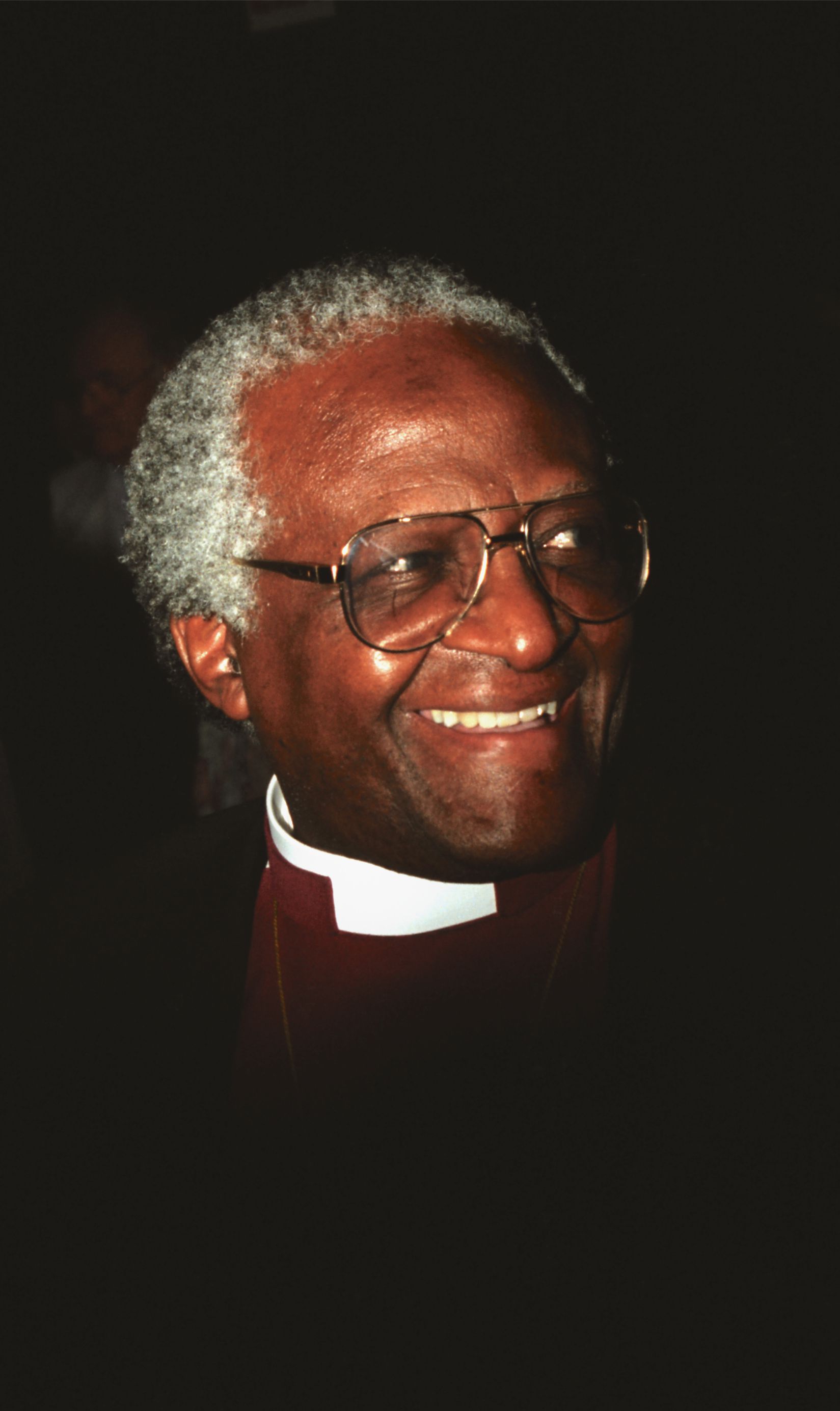
“If you want peace, you don’t talk to your friends. You talk to your enemies.”
Desmond Tutu
